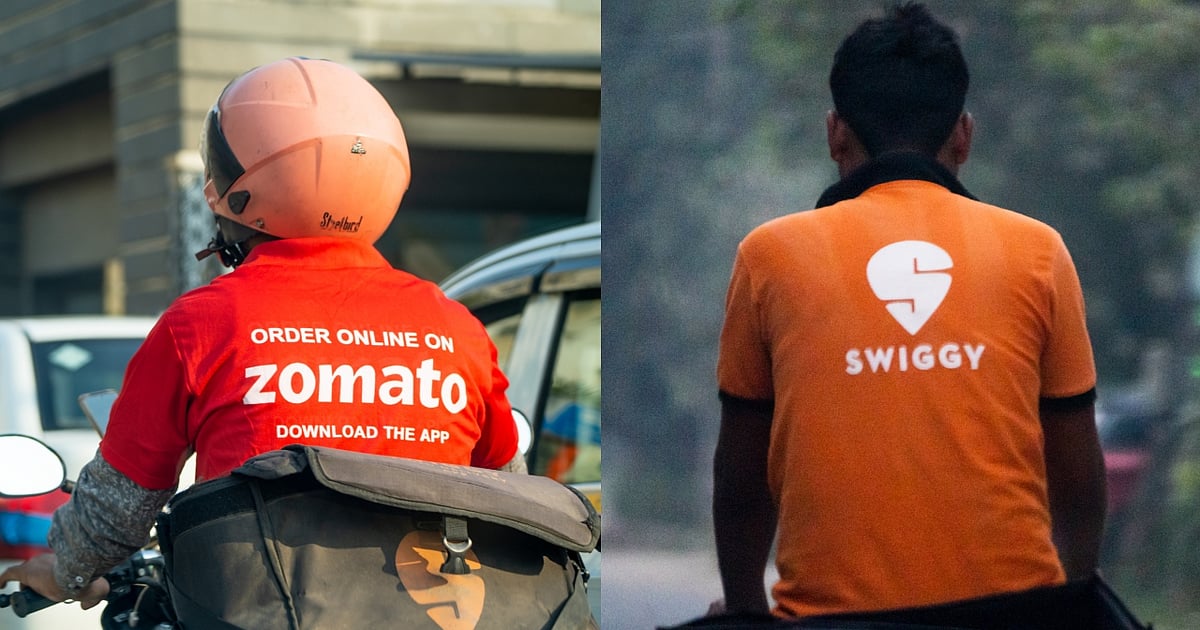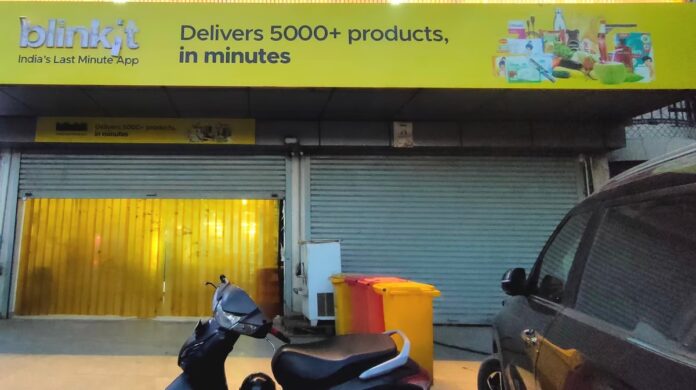Introduction
The Confederation of All India Traders (CAIT) has intensified calls for a comprehensive investigation into the operations of quick-commerce companies like Blinkit, Swiggy Instamart, and Zepto. According to CAIT, these firms have allegedly breached multiple regulations, including India’s Foreign Direct Investment (FDI) Policy, the Competition Act, and the Foreign Exchange Management Act (FEMA). This move marks a significant push from India’s largest trade association, which represents eight crore retailers, to scrutinize the booming quick commerce industry.
Massive FDI Inflow and Alleged Misuse
CAIT’s recent 24-page white paper reveals that the top three players in India’s quick commerce market have collectively received over Rs 54,000 crore in FDI. However, only a fraction—approximately 2.5% or Rs 1,300 crore—has reportedly been used to create infrastructure assets, sparking concerns about the intended purpose of these funds. The report suggests that over 50% of the FDI has been utilized to cover operating losses rather than fostering long-term growth through asset creation. This alleged misallocation, according to CAIT, violates FDI laws designed to encourage investment in infrastructure and asset-building.
Dark Stores and FDI Violations
CAIT’s white paper also raises concerns over the operational model of these companies, particularly their use of “dark stores.” These small warehouses are strategically located to store inventory for fast fulfilment, often within a 10-minute delivery window. The trade body argues that these quick-commerce firms are circumventing FDI rules by operating dark stores through a network of preferred sellers. The FDI policy prohibits foreign-funded marketplaces from directly controlling inventory, yet CAIT asserts that the current model gives these companies de facto control over their stock, contravening regulatory guidelines.
Antitrust Violations and Predatory Practices
Another major issue raised by CAIT is the alleged violation of India’s Competition Act. The white paper highlights that quick commerce companies maintain exclusivity deals with selected sellers, effectively restricting market access for others. In addition to this, these firms are accused of engaging in predatory pricing strategies, offering deep discounts, and providing free or heavily subsidised warehousing and delivery services. CAIT contends that such practices have negatively impacted traditional retailers, with over 2 lakh small neighbourhood retail stores reportedly shutting down in the past year due to unfair competition from these quick commerce giants.

CAIT’s Next Steps and Government Engagement
CAIT Secretary General Praveen Khandelwal has stated that the confederation will submit the white paper to the Competition Commission of India (CCI), the Ministry of Consumer Affairs, and the chief ministers of various states, calling for a comprehensive investigation into the quick commerce sector. Since retail trade falls under state jurisdiction, CAIT hopes that state governments will play an active role in this matter. The call for a deeper probe aligns with previous CCI investigations into e-commerce giants like Amazon and Walmart-owned Flipkart, which were found to have violated antitrust laws following a complaint from Delhi Vyapar Mahasangh, a CAIT affiliate.
Growing Criticism and Complaints Against Quick Commerce
CAIT’s concerns are not isolated. The All India Consumer Products Distributors Federation has also lodged complaints regarding similar practices by quick commerce companies. Complaints have been filed with the Ministry of Commerce and the Department for Promotion of Industry and Internal Trade (DPIIT), urging them to address issues surrounding monopolistic practices and anti-competitive behaviors.
Food Safety and Compliance Issues
In addition to the regulatory and competitive concerns, these companies have been flagged for non-compliance with the Food Safety and Standards Authority of India’s (FSSAI) Labelling and Display Regulations. According to FSSAI’s guidelines, food items must have a minimum shelf life of 30% or at least 45 days remaining at the time of delivery. CAIT claims that quick-commerce companies have frequently failed to adhere to these regulations, leading to consumer complaints. In response, FSSAI has warned these firms to comply with the rules or face stringent action.

Conclusion
As CAIT and other trade bodies push for action, the spotlight on quick commerce companies continues to grow. The trade association’s findings paint a complex picture of regulatory challenges and market dynamics, highlighting the need for clearer guidelines to ensure that quick-commerce platforms operate fairly and transparently. With potential probes looming from multiple regulatory bodies, the future of India’s quick commerce giants could face significant hurdles. For now, the call for accountability underscores the impact of these disruptive companies on India’s traditional retail ecosystem, sparking a broader debate about the balance between innovation and fair competition.

